Welsh Water is committed to its vision of becoming a world-class, sustainable water service by 2050. However, its traditional methods for asset inspections relied on scaffolding, manual labour, and significant time investments, all of which presented challenges:
High costs: Scaffolding for inspections alone could cost up to £18,000.
Safety risks: Inspectors working at heights faced considerable danger.
Knowledge loss: Traditional inspections often relied on engineer memory, with limited documentation.
Adam Davis, Statutory Maintenance Manager and founder of the aerial services team, saw an opportunity to leverage drones to modernise inspection workflows, reduce risk, and maximise efficiency.
“As an organisation that doesn’t have shareholders, if drones can reduce asset management costs, then we have more money to put back into improving our business, our environment, and keeping customer bills down,” Davis explained.
Welsh Water introduced drones in its aerial services team and began leveraging Trendspek to revolutionise asset inspections. After comparing various global providers, Davis selected Trendspek for its intuitive platform, high-resolution outputs, and exceptional customer support.
“Arranging the demo was very easy, I didn’t have to chase anyone at all,” Davis said. “Trendspek’s water asset expert quickly understood what we wanted to achieve. The support and guidance from the team were almost as valuable as the software itself.”
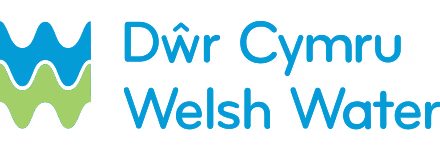
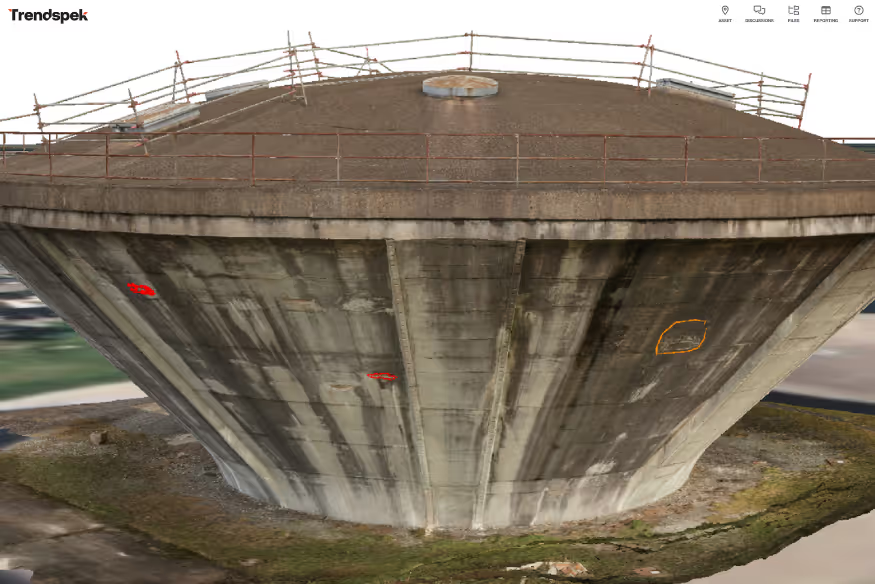

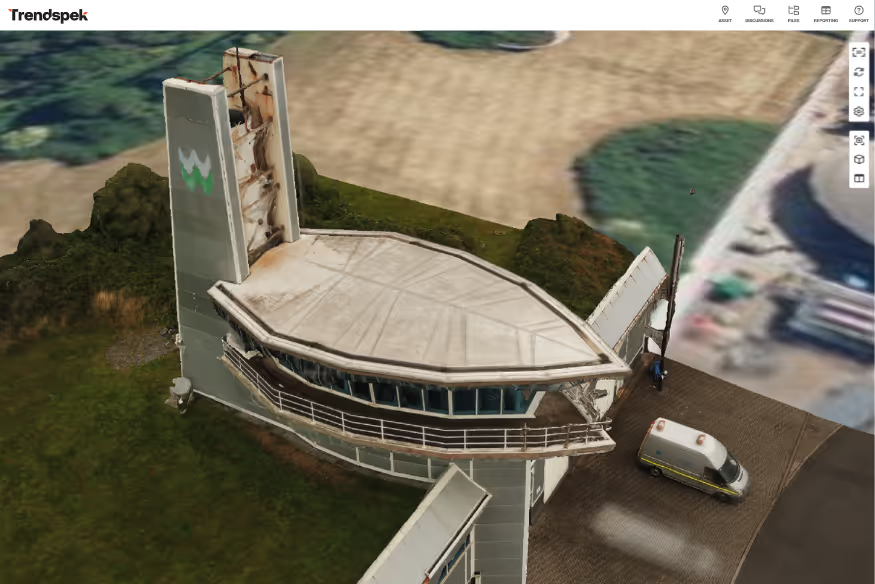
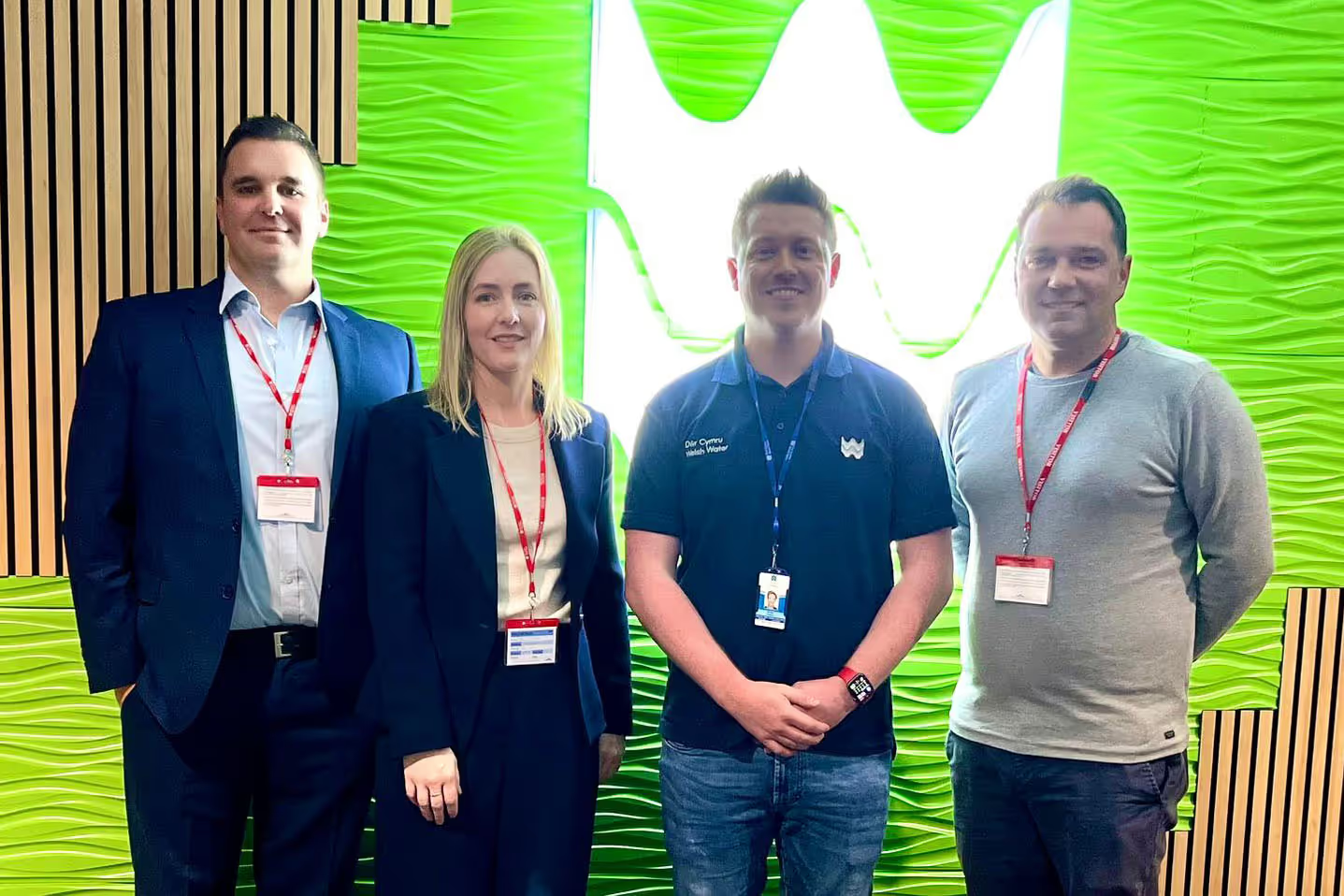









.avif)

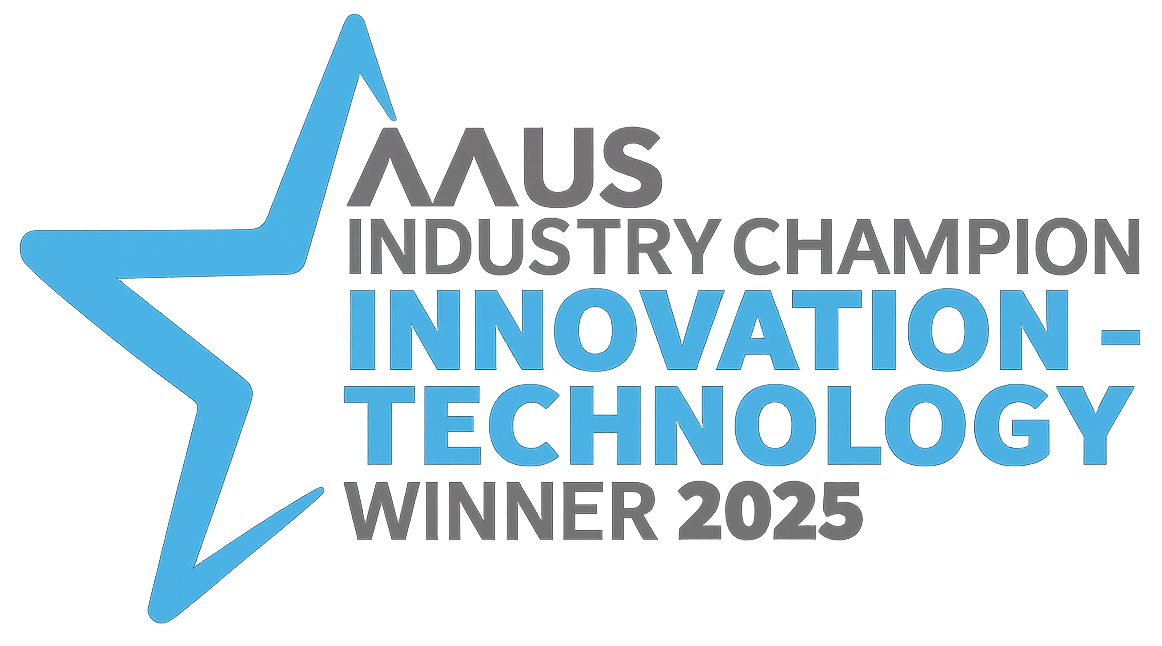
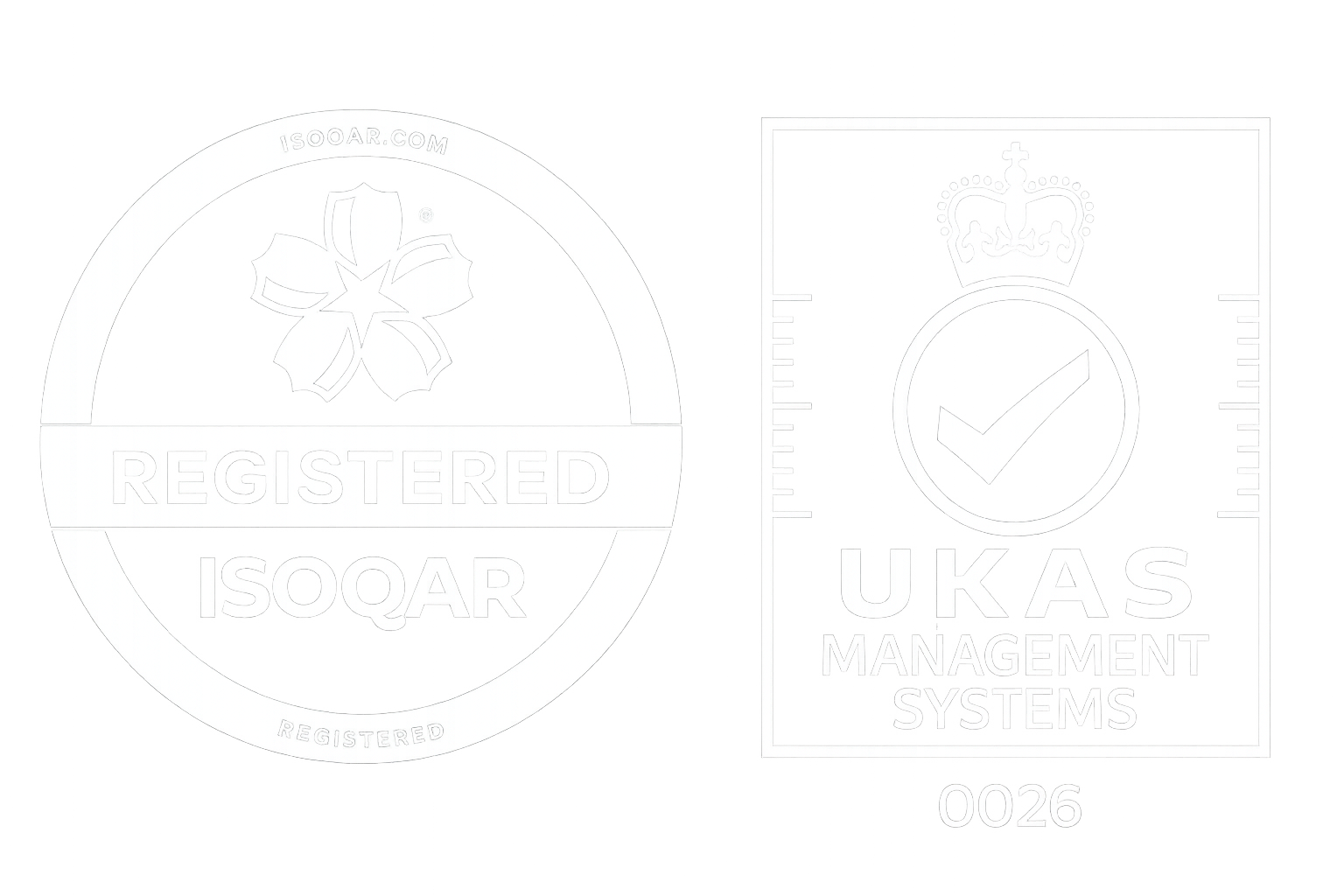

.svg)